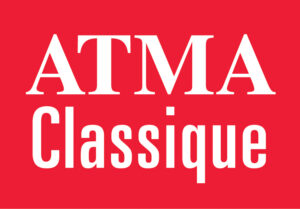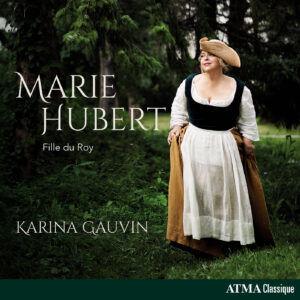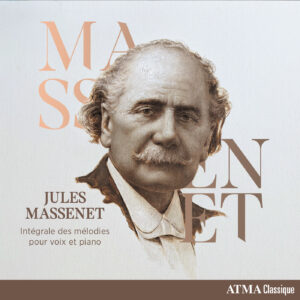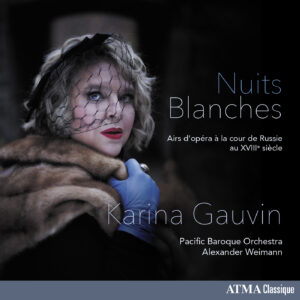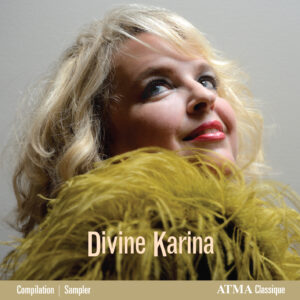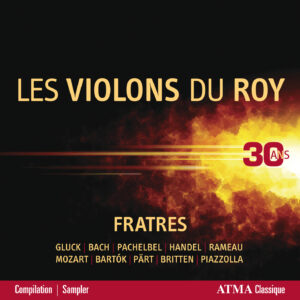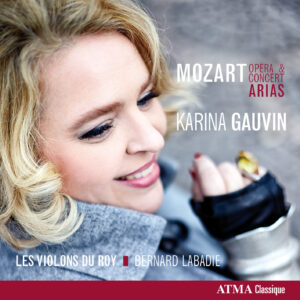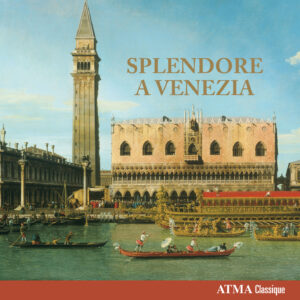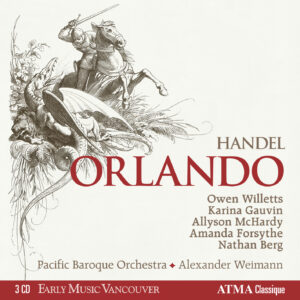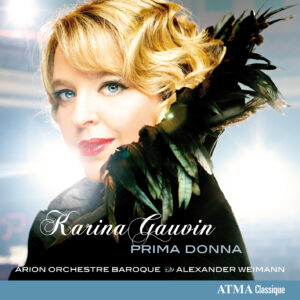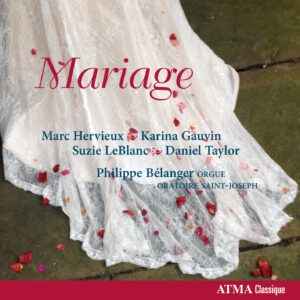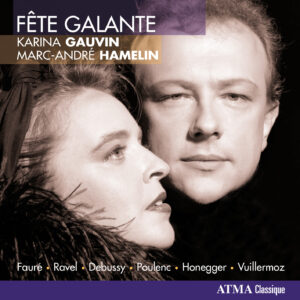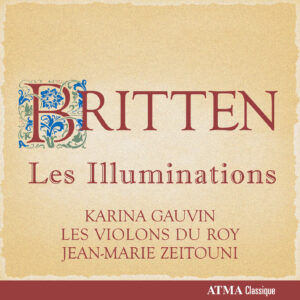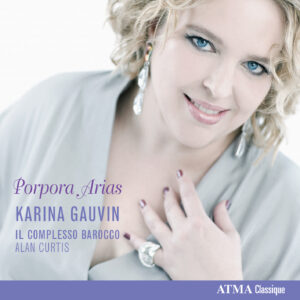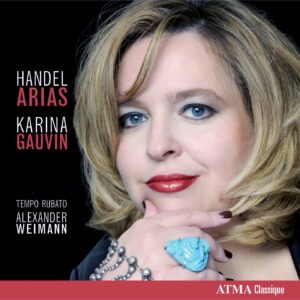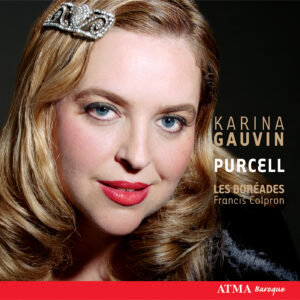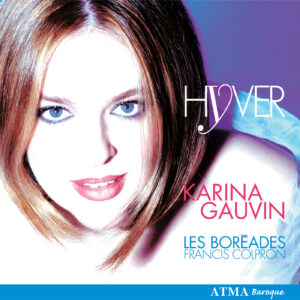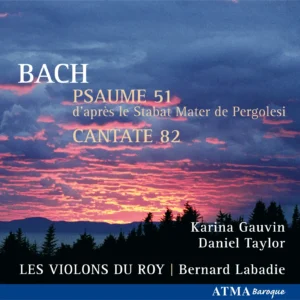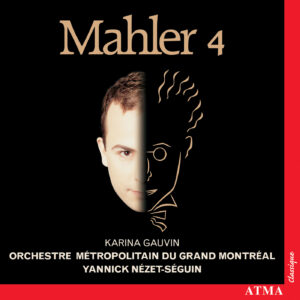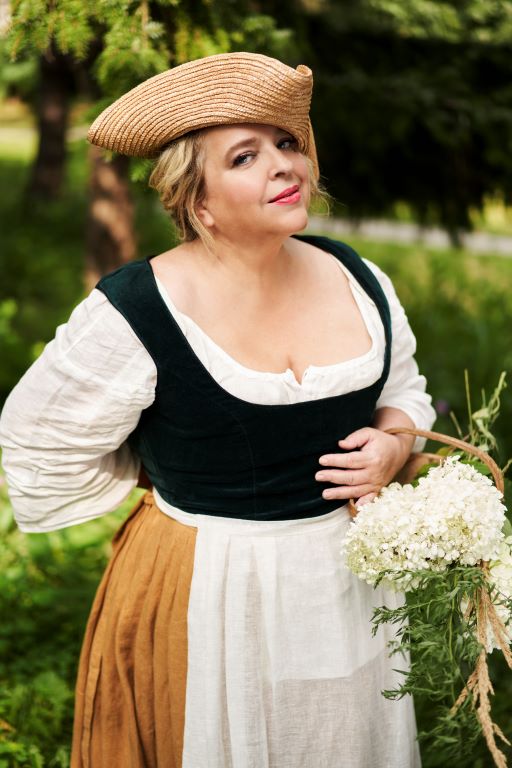
Recognized for her work in the baroque repertoire, Canadian soprano Karina Gauvin is equally at home singing Bach, Mahler, Britten and contemporary music of the 20th and 21st centuries.
Gauvin has sung with the world’s leading symphony orchestras, including the Orchestre symphonique de Montréal, the San Francisco Symphony, the Chicago Symphony, the New York Philharmonic and the Rotterdam Philharmonic, as well as baroque orchestras such as Les Talens Lyriques, the Venice Baroque Orchestra, Accademia Bizantina, Il Complesso Barocco, The English Concert, Collegium 1704, the Tafelmusik Baroque Orchestra and Les Violons du Roy.
She has performed under the direction of Rafael Payare, Yannick Nézet-Séguin, Michael Tilson Thomas, Michel Plasson, Ivor Bolton, Mikko Franck, Teodor Currentzis, Charles Dutoit, Bernard Labadie, Christophe Rousset, Václav Luks, Jérémie Rhorer and the late Alan Curtis, among others.
Her extensive discography—over 50 titles on various labels worldwide—has won her numerous awards and distinctions, including a Chamber Music America Award for her album Fête galante with pianist Marc-André Hamelin, three Grammy nominations and several Juno and Opus awards. During the pandemic, she participated in a very exciting recording project: the complete songs of Jules Massenet.
The 2022–2023 season saw Gauvin revisit the title role in Handel’s Alcina—the greatest role of her career—both in concert and on the operatic stage, first with Les Talens Lyriques, then in a new production with Collegium 1704 at the National Theatre in Brno, the Théâtre royal in Versailles and the Théâtre de Caen, as well as with her longtime collaborators Les Violons du Roy. In the spring of 2023, Gauvin made a foray into Latin America, singing Canteloube’s beautiful Chants d’Auvergne with the Orchestre des Champs-Élysées in Bogotá, Colombia. The year 2023 also saw her tackle the exciting and challenging role of Circé in the opera of the same name by the 17th-century composer Henry Desmarest with Stephen Stubbs and Paul O’Dette for the Boston Early Music Festival. That year was also a period of musical discoveries. For the first time in over 200 years, Louise Bertin’s long-forgotten work Fausto was presented to the Parisian public.
